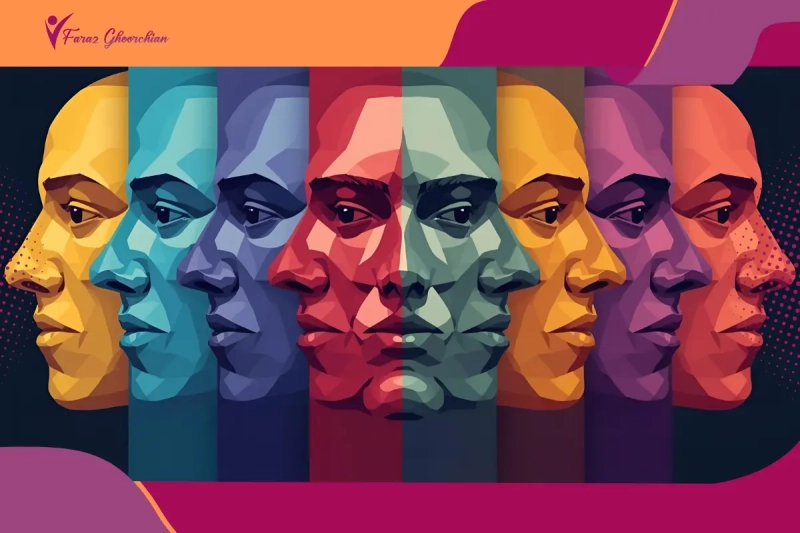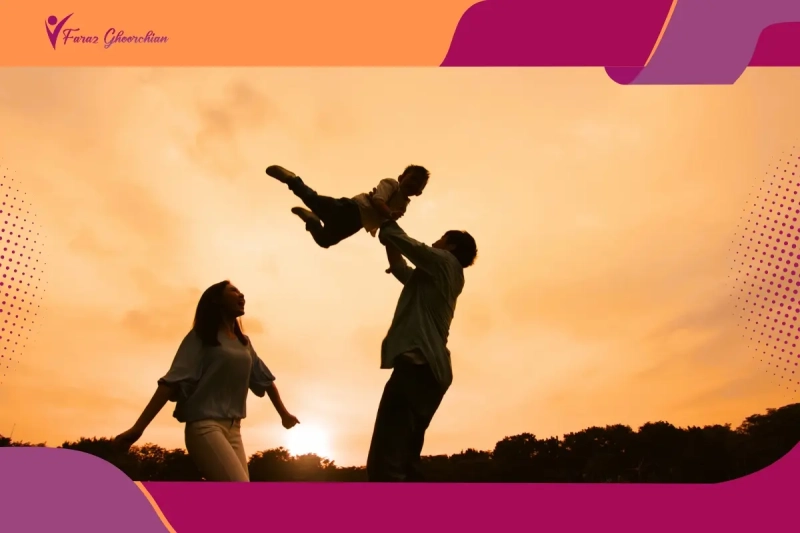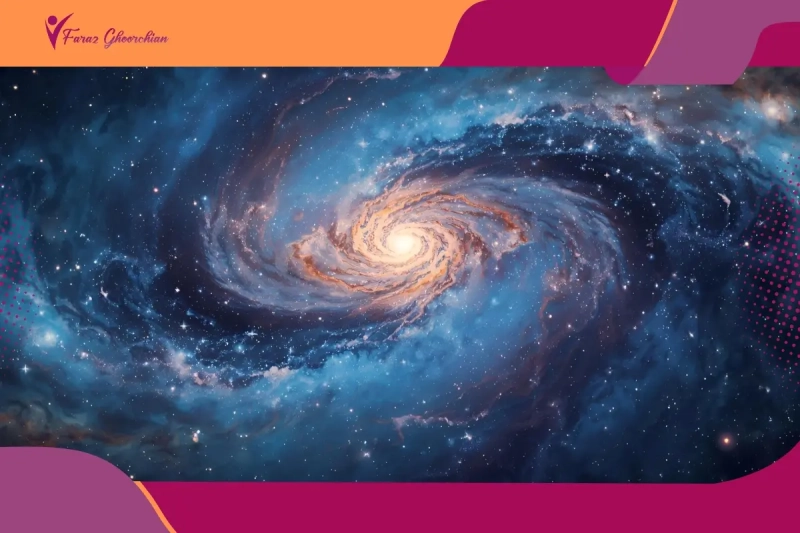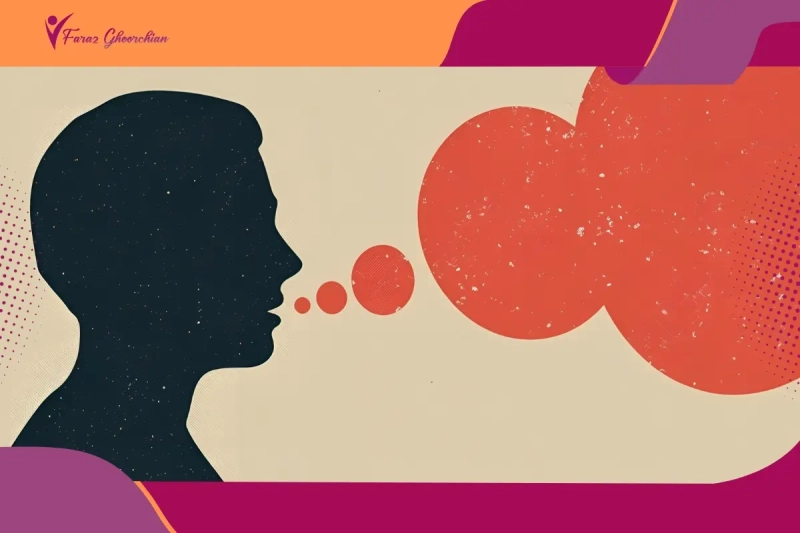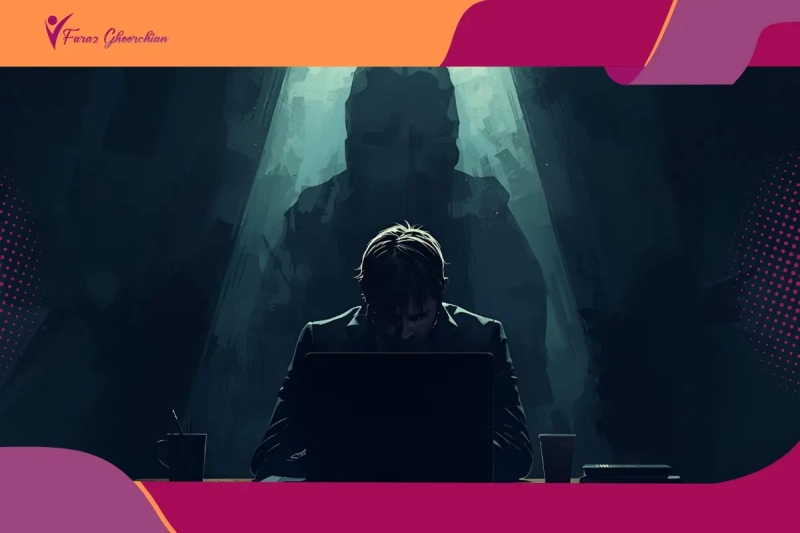- 1. Introduction: Why Relapse Happens and How to Break the Cycle
- 2. Understanding Porn Relapse Triggers and How to Avoid Them
- 3. Emotional Triggers for Porn Relapse: Stress, Loneliness & Self-Esteem
- 4. Environmental and Online Triggers: Hidden Dangers in Daily Life
- 5. Daily Habits That Lead to Relapse
- 6. Relationship Conflict, Loneliness, and Porn Relapse
- 7. Breaking Porn Addiction Habits: Willpower, Mindset & Boundaries
- 8. Tools, Support Groups, and Accountability Partners for Lasting Change
- 9. Faith-Based and Specialized Strategies: Christian Approaches & Fitness Routines
- 10. Conclusion: Mastering Triggers and Building a Resilient Recovery
- 11. FAQs
Introduction: Why Relapse Happens and How to Break the Cycle
Nobody plans on struggling with porn relapse triggers and how to avoid them, yet most people find the hardest moments show up out of nowhere. Anna remembers thinking she had her habits under control, only to realize that a wave of stress at work and an argument at home left her vulnerable. For her, those familiar emotional triggers for porn relapse were tangled up with late-night boredom and too much scrolling. Others find that online triggers for porn relapse creep in when they least expect it, like during an aimless lunch break. A big part of recovery is understanding porn relapse cycle patterns and noticing when they tend to repeat. In truth, breaking porn addiction is less about willpower and more about honestly seeing what keeps pulling you back, then making small changes that actually fit real life.
Understanding Porn Relapse Triggers and How to Avoid Them
Anyone who’s tried to break free from porn addiction knows that spotting porn relapse triggers and how to avoid them doesn’t always happen right away. Sometimes it creeps up slowly after a week of stress at work, a random argument, or just too many nights alone. For a lot of people, emotional triggers for porn relapse hide in those everyday frustrations or feelings of not measuring up. It might be boredom, loneliness, or even a wave of old memories that brings on the urge. Others realize that environmental porn relapse triggers lurk in the most familiar places, like a bedroom or an empty house. More often than not, online triggers for porn relapse appear out of nowhere, maybe while checking messages or mindlessly scrolling. Even harmless routines can become daily habits that lead to relapse if someone isn’t careful. The real shift comes from paying attention to those patterns and practicing setting tech boundaries to avoid porn long before the urge becomes overwhelming. That’s where real change begins.
Emotional Triggers for Porn Relapse: Stress, Loneliness & Self-Esteem
Nobody really expects emotional triggers for porn relapse to be so sneaky, yet they seem to show up right when someone’s guard is down. Maybe it’s after a stressful meeting or when the silence of a lonely evening settles in. For a lot of people, stress-induced porn relapse happens quietly, almost like the brain is just looking for a quick way out. The low self-esteem porn relapse trigger often hides in those little moments of self-doubt. A careless remark from a friend or a rough patch at work can turn into hours of negative thinking and relapse if someone isn’t paying attention. Even boredom, scrolling aimlessly through social media, or small arguments at home can pile up and turn into daily habits that lead to relapse. Learning what happens to your brain when you quit porn can help people understand why these patterns feel so intense. What actually helps is when people talk about these feelings, whether with a close friend or in porn relapse support groups. Bit by bit, noticing these emotional waves is what makes breaking the grip of porn addiction feel possible again.
Environmental and Online Triggers: Hidden Dangers in Daily Life
It’s surprising how often environmental porn relapse triggers and online triggers for porn relapse show up in daily life, even for someone who thinks they’ve got things under control. Most people aren’t looking for trouble, but old routines or mindless habits can creep back in before they know it. Here’s where the risks tend to hide:
- Spending time in that one spot at home where porn addiction once took root
- Falling into bad habits like flipping through social media when bored
- Suddenly stumbling across suggestive ads or videos online that catch them off guard
- Letting late nights stretch out and watching willpower fade, one hour at a time
- Not really setting tech boundaries to avoid porn, like leaving devices in the bedroom or skipping app limits
These patterns aren’t always obvious until someone steps back and really pays attention. Sometimes, small changes are what help break the cycle for good.
Daily Habits That Lead to Relapse
It’s surprising how often daily habits that lead to relapse fly under the radar. Most people aren’t thinking about triggers when they’re just living life, but small choices can pile up fast. Some routines that quietly feed porn addiction look like this:
- Staying up far too late, which makes nighttime porn relapse habits and sleep deprivation and porn addiction go hand in hand
- Letting stress simmer without any real release, fueling stress-induced porn relapse in the background
- Falling into long stretches of downtime alone, which can magnify boredom and cravings
- Forgetting about online triggers for porn relapse by keeping phones and laptops too close, too often
- Skipping meals or exercise, leaving energy and motivation low
When these patterns become familiar, it’s easier for old routines to slip back in. Noticing them is the first honest step toward real change.
Relationship Conflict, Loneliness, and Porn Relapse
Anyone who’s gone through a rough patch knows how much relationship conflict porn relapse can sneak up after an argument or a cold silence at home. It isn’t just about anger. Sometimes it’s the quiet feeling that nobody really gets you, which leads straight into loneliness and porn relapse. Even people surrounded by others can feel isolated, and those empty hours often become the toughest tests. These are classic emotional triggers for porn relapse that get overlooked when life gets busy or when someone feels too drained to reach out. For a lot of people, finding support in porn relapse support groups or opening up to a trusted friend helps break the pattern. Real connection can turn those old urges around, offering a healthier way to face both conflict and loneliness on the journey out of porn addiction.
Breaking Porn Addiction Habits: Willpower, Mindset & Boundaries
Anyone working to break free from porn addiction quickly learns it’s not just about having enough willpower. Real change often starts with small, unglamorous choices. People talk about trying every trick in the book, but sometimes it’s the ordinary things that work best. Willpower tips to avoid porn relapse might look like writing down what you’re feeling in the moment, or texting an accountability partner when a tough urge hits. Many discover that negative thinking and relapse are closely linked, so paying attention to those inner critics can stop a setback before it begins. Learning how to ride out porn urges is a game-changer, too, even if it means just stepping outside for some fresh air. Setting up simple routines, like charging phones in the kitchen or keeping laptops out of the bedroom, creates real boundaries that reduce online triggers for porn relapse. Over time, these choices start to reveal the real effects of quitting porn, from clearer thinking to stronger self-respect. Each effort builds a mindset that makes lasting recovery feel more real.
Tools, Support Groups, and Accountability Partners for Lasting Change
Breaking free from porn addiction rarely happens in isolation. The people who really stick with it often try out all sorts of tools to avoid porn relapse before something finally clicks. One person might use a blocking app that sends a quick reminder if they try to visit old sites, while another finds more value in scribbling thoughts in a journal every night. Being part of porn relapse support groups can change everything, especially when the urge to give up hits hard. These groups are not just about advice. They are places where stories get shared, and setbacks are not met with shame. Having accountability partners for porn makes a huge difference, too. Sometimes all it takes is a quick text to a friend or a check-in from someone who cares to stop a relapse in its tracks. The real magic is in these connections and honest routines that build real strength day after day.
Faith-Based and Specialized Strategies: Christian Approaches & Fitness Routines
Some people discover that faith-based strategies and personal routines are powerful allies in overcoming porn addiction. It is often the combination of spiritual support and practical habits that keeps someone grounded. For many, the following can make a difference:
- Turning to Christian strategies to stop porn like prayer, meeting with a mentor, or being honest with a trusted faith group
- Picking up fitness routines to prevent relapse such as daily walks, group sports, or even a morning stretch to start the day off right
- Making space for spiritual reflection alongside practical tools, like writing about tough days or practicing mindfulness
- Building trust with others who share the same values, so there’s someone to lean on when triggers hit
All of these actions help address porn relapse triggers and how to avoid them while creating a stronger, more connected foundation for recovery.
Conclusion: Mastering Triggers and Building a Resilient Recovery
Learning to handle porn relapse triggers and how to avoid them is rarely a one-time lesson. Most people find that real recovery from porn addiction is built slowly, through small daily choices and honest reflection. Paying attention to emotional triggers for porn relapse and noticing the daily habits that lead to relapse makes it possible to change direction before old routines take over. It helps to lean on tools to avoid porn relapse and reach out to others for support, especially on hard days. Over time, every effort to understand and respond to triggers adds up, helping someone build real resilience and confidence for the road ahead.
FAQs
1- What are the most common porn relapse triggers and how to avoid them?
Triggers range from emotional triggers for porn relapse like stress or loneliness to environmental porn relapse triggers such as private spaces and unrestricted internet access. Recognizing these and setting healthy boundaries is key.
2- How can daily habits lead to relapse?
Simple routines, like late-night screen time or ignoring stress, can become daily habits that lead to relapse. Adjusting these patterns and using tools to avoid porn relapse can make a big difference.
3- Do support groups help with porn addiction?
Yes. Many people find porn relapse support groups and accountability partners for porn vital for staying motivated and breaking the isolation that feeds porn addiction.

